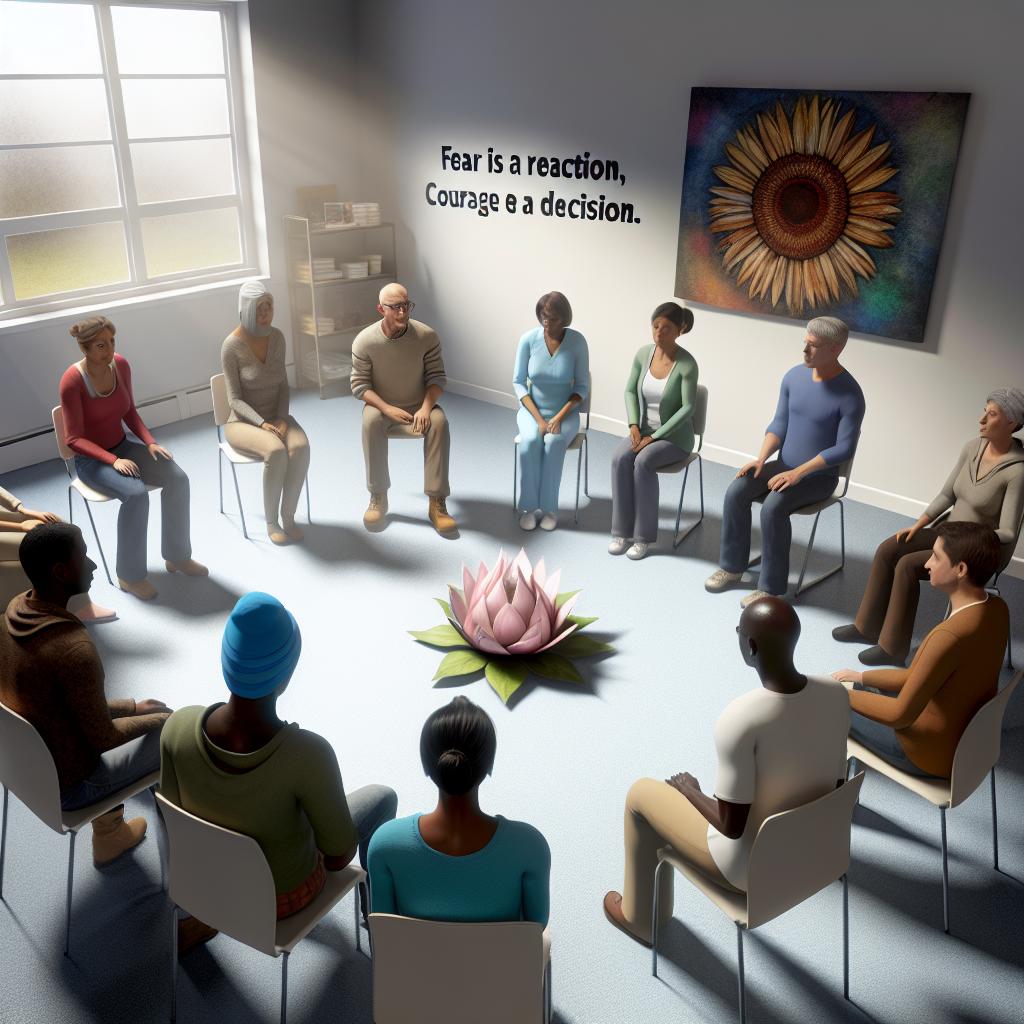Understanding the Fear of Recurrence
The fear of cancer recurrence remains a prevalent concern among survivors, as individuals grapple with anxiety about the potential return of cancer following treatment. This fear is not uniform; it can vary in intensity and duration. Influencing factors include the type of cancer experienced, the specifics of one’s treatment history, and personal coping mechanisms.
The question of whether cancer may return dominates many survivors’ thoughts. Despite the success of modern treatments, the uncertainty remains a difficult burden to bear. Knowledge of past experiences with cancer can exacerbate this anxiety, creating a persistent undercurrent of fear. Survivors’ perspectives on recurrence are incredibly personal, shaped by their individual journey through initial diagnosis, treatment, and subsequent recovery.
Cancer survivors may confront varying levels of anxiety depending on their previous experiences and the extent of their understanding or lack thereof regarding their specific cancer type. Experiences shared by other survivors, as well as information received from healthcare providers, contribute to the broader background against which fears of recurrence are cast.
Effective Communication with Healthcare Providers
Health professionals play a critical role in helping survivors manage fear of recurrence. Clear and continuous communication paths are vital in this regard.
Regular Communication: Face-to-face interactions or regular check-ins with healthcare providers can alleviate many concerns. These engagements should be approached as opportunities not just to report on progress but to voice any trepidations about recurrence. Open dialogue can be reassuring, providing the necessary support to navigate uncertain post-cancer landscapes.
Seek Clarification: For survivors, it’s imperative to fully understand medical assessments. When test results or emerging symptoms raise doubts, clarification from medical professionals is necessary. A well-informed perspective on one’s health status aids in managing and potentially mitigating undue fear.
Understanding the potential signs of recurrence and what follow-up tests measure can empower patients to take a proactive stance. Clarification brings a clearer understanding of health status, transforming abstract fears into manageable facts.
Developing a Follow-Up Care Plan
A tailored follow-up care plan formulated with the healthcare team provides structure, essential for post-treatment life. These plans are not one-size-fits-all; they take into account personal medical histories and identified risk factors.
The follow-up care strategy should encompass scheduled screenings to monitor any changes promptly. Lifestyle suggestions—validated by medical professionals—include exercise, nutrition, and mental health strategies to promote overall well-being. Collaborating closely with healthcare providers, patients can craft a follow-up regimen that addresses their specific needs and concerns, helping ensure peace of mind.
Healthcare resources offer templates for follow-up care, ensuring patients leave clinical settings with comprehensive, tailored plans. Such tools, like those offered by the National Cancer Institute, ease transition back to daily life by cementing best practices in managing post-treatment health.
Adopting Healthy Lifestyle Changes
Post-treatment life is often a time for adopting holistic health changes that positively impact one’s recovery journey. Survivors are encouraged to engage in entire lifestyle re-evaluations, examining diet, exercise, and social habits.
Regular physical activity boosts physical and mental health. Maintaining a nutritious diet assists in bodily recovery and builds resilience against potential recurrence. Recommendations often emphasize minimizing unhealthy habits like smoking or excessive alcohol consumption.
Survivors should consult healthcare providers to finetune these lifestyle changes, considering individual health histories and extant conditions. Personalized health plans are key; they bolster healthy living practices specifically suited to survivor needs.
Psychological Support and Coping Mechanisms
While physical health is paramount, psychological well-being is equally critical. Survivors may experience anxiety and fear long after treatment, underscoring the importance of mental health support avenues.
Counseling and Therapy: Access to psychological professionals can provide space for emotional processing. Therapists trained in cancer survivorship can deliver coping strategies, reducing recurrence-related anxiety significantly.
Support Groups: Sharing experiences in support groups fosters communal bonds. The sharing of fears and successes builds a sense of solidarity, vital for combating feelings of isolation or loneliness. National organizations often host such groups, drawing on broad survivor networks to offer continuous support.
Professional counselors and peer support systems augment a survivor’s journey, providing tools to better manage emotional burdens. Learning from others’ experiences or simply having them listen can significantly ease the burden of recurrent fears.
Mindfulness and Stress-Relief Techniques
Mindfulness techniques, encompassing yoga and meditation, equip survivors with tools for maintaining calmness and managing anxiety. These practices promote presence in the current moment, forming a buffer against future-oriented fears.
Mindfulness emerges as a source of control amid uncertainty. Through focused breathing and body awareness, survivors anchor themselves, enhancing both mental and physical resilience. Deep-breathing exercises, in particular, offer immediate stress-relief, dissolving tension detrimental to psychological health.
An ongoing practice of mindfulness interventions aligns survivors with constructive mental health strategies, reinforcing their capacity for facing the future calmly.
In conclusion, understanding the fear of recurrence is a multifaceted endeavor. By integrating robust communication with healthcare providers, crafting personalized follow-up care plans, embracing healthy lifestyle changes, and accessing psychological support and mindfulness techniques, survivors can build a fortified foundation for life beyond cancer. These comprehensive strategies empower individuals, enabling a significantly improved quality of life post-treatment.
This article was last updated on: April 22, 2025

